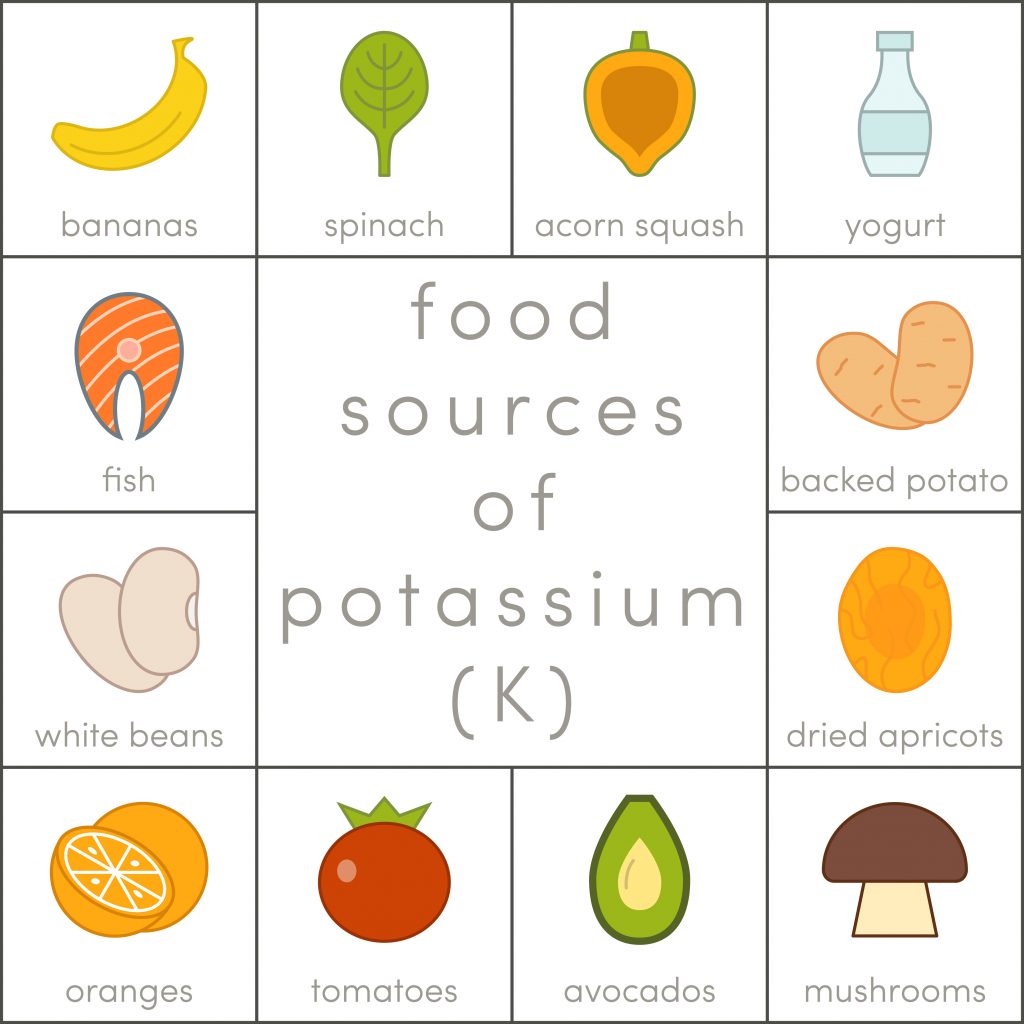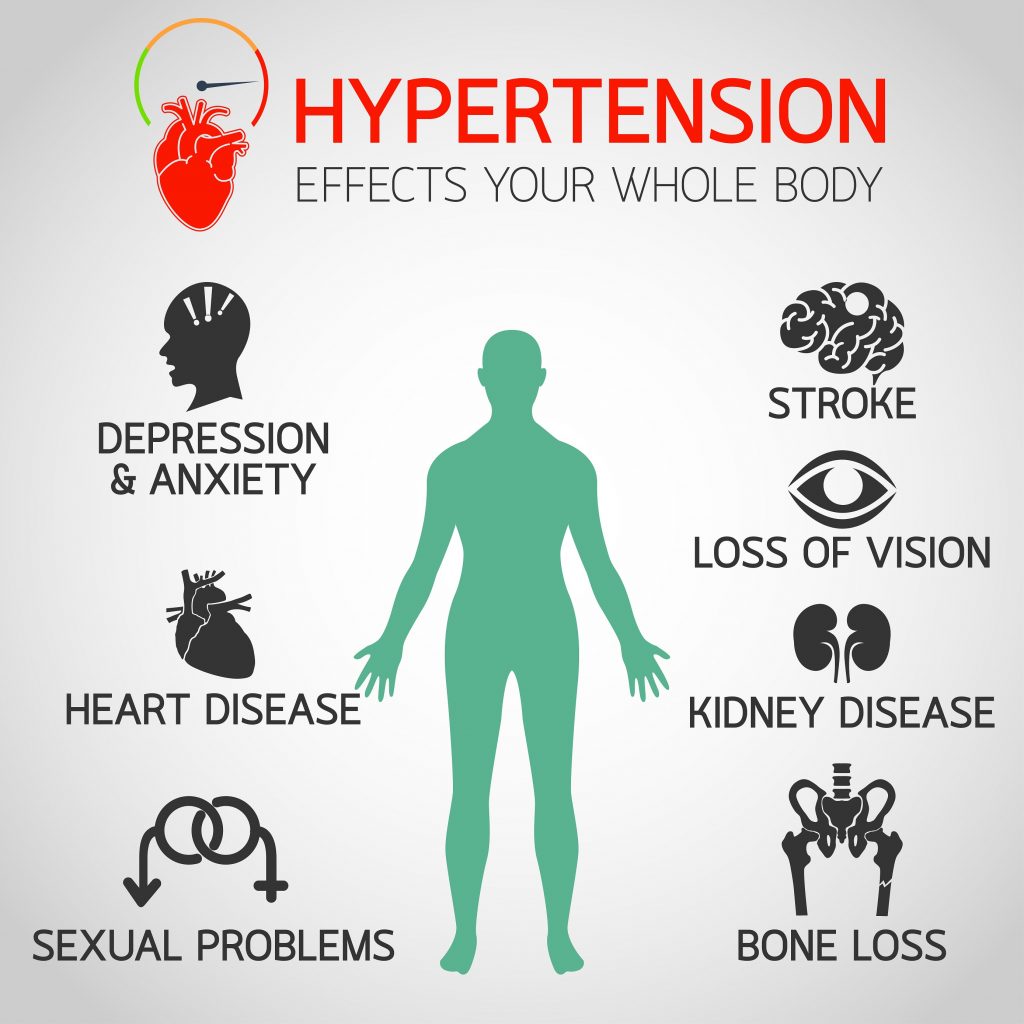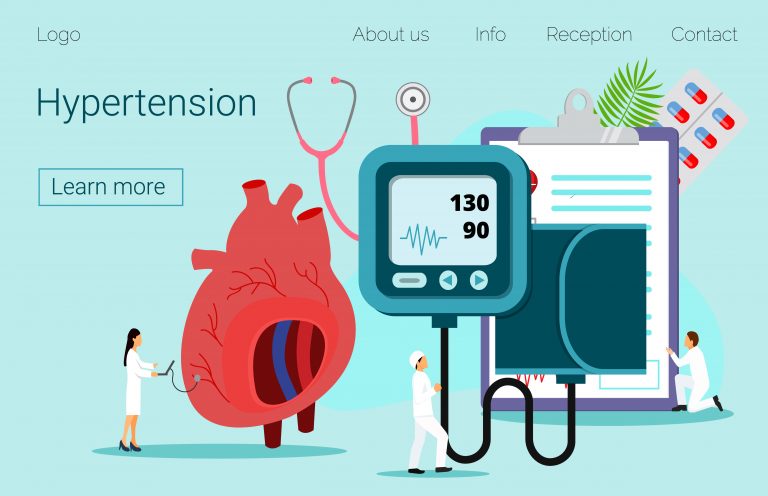A diet for hypertension allows you to control your blood pressure and function normally. Nonetheless, you must follow the doctor’s rules, take medicine and eat properly. Find out what diet to use for hypertension and what changes to make in your lifestyle.
What is hypertension diet?
A diet for high blood pressure allows you to control your blood pressure and function normally. Every second man and every third middle-aged woman does not know that they have hypertension, because although it is life-threatening - it does not hurt per-se. The cause of the trouble is often obesity - 6 out of 10 adults with hypertension exceed their ideal weight by 20%! However, it is enough to lose a few kilograms and the pressure will drop or stabilize. It is worth modifying the diet slowly but steadily and to exert more physical activity, because the loss of 1 kg causes a pressure drop of 2-3 mmHg, and 10 kg - by as much as 20-30 mmHg.
Hypertension diet - rules
With hypertension problem, we should remove from the menu everything that contributes to an increase in pressure, and we should start to include products that lower it. Therefore, we limit - to half the portions eaten so far - white bread, pasta, white rice, fine grain cereals and egg yolks.
Instead, we give up sweets, full milk and its full-fat products, fatty meats and sausages, smoked fish, canned foods, concentrates, powdered soups, ready-made sauces, cheese, crisps, salty sticks, peanuts and fast foods. They should be replaced completely by products that reduce pressure.
Hypertension diet - vegetables and fruits that reduce pressure

Most of these vegetables contain a lot of potassium, which is crucial in regulating blood pressure. In addition, it accelerates the excretion of salt and water, and hence the simple way to lose weight. It is also important that the more potassium in your diet, the lower your risk of stroke. But with increased potassium intake you should be more careful over your kidneys. The most potassium is in tomatoes (and its preparations), potatoes, leafy vegetables, citrus and sunflower seeds. The cause of hypertension may be a constant deficiency of vitamin C. It causes a long-lasting contraction of blood vessels. Cabbage, citruses, currants, chokeberry and cranberry are a rich source of this vitamin.
Hypertension diet - much less salt
Table salt (sodium chloride) is needed to maintain acid-base balance inside and outside our body’s cells. But we commonly eat 2-3 times more salt than we need, and its excess is really harmful. Why? Because it causes the greater secretion of angiotensin II - the compound that narrows the blood vessels mostly. Angiotensin also forces the kidneys to retain salt and water in the blood, which increases the pressure significantly. Therefore, excess salt is one of the main reasons for the so-called essential (primary) hypertension.
Salt can easily be replaced by using cumin, marjoram or other herbs that definitely enhance the taste of dishes. Just survive the first 2 weeks to enjoy the taste of dishes without or with a minimum amount of salt. And when we learn to use herbs instead, we won’t need them anymore.
People who can not imagine life without a salty taste can save themselves. dietary salt, i.e. potassium chloride. It is as salty as sodium chloride, but it does not raise pressure because it does not contain sodium. But beware, this advice is only for those whose hypertension has not yet established. If we already treat them and take medications (ACE inhibitors), let’s ask the doctor if we can use dietary salt, because the excess of potassium in the body adversely affects the work of the heart.
Hypertension diet good fats, bad fats
At higher pressure values (even those slightly exceeding 130/80) we should avoid animal fats (lard, butter) because they degrade blood vessels and promote atherosclerosis, which significantly increases blood pressure.
Instead, let’s reach for vegetable fats, for example, rapeseed oil. It is worth using walnut oil and sesame as well as rapeseed oil because they contain a lot of linolenic acids (omega-3) and linoleic acid (omega-6). Both compounds contribute to lowering blood pressure and the level of so-called bad LDL cholesterol.

A healthy person’s liver produces about 3 g of cholesterol. To maintain its concentration at the correct level (140-200 mg/dl), we should provide about 300 mg of this compound in food. However, this dose is easily exceeded. All you need to do is eat egg yolk, 100 g of fat dairy products or offal.
In addition, if we eat a lot of sweeties and greasy food, the body creates so-called bad cholesterol (LDL). When there is too much of it - and this happens if the body does not cope with excess fat - atherosclerotic plaques start to form up. These systematically stick to the walls of blood vessels and block blood flow. We achieve a similar effect when we eat too much saturated fatty acids that are found in fatty meat, butter or cream.
Make healthy decisions!
Nothing bad will happen if you eat a pork knuckle, ribs or pork chop from time to time. However, keep moderation and the right proportions. Let 3/4 of your plate be occupied by boiled vegetables and salads.
Drink as much of healthy drinks as possible. You don’t get fat from water, tea or herbs. Quite the opposite - drinking a glass of water before a meal supports weight loss. We feel less hunger then, so we eat less. At the same time, you should avoid carbonated sodas. Instead, reach for mineral water without gas, as well as blackcurrant or chokeberry juice (choose low-sugar juices).
People suffering from hypertension do not have to completely give up alcohol. It is enough to limit its consumption. What does it mean? Every day, you can drink 1-2 drinks with 25-50 ml of vodka, 1-2 glasses of wine or 0.33-0.5 l of beer with impunity. Some cardiologists even say that alcohol in low doses can have a health-promoting effect because it reduces stress and has a beneficial effect on the cardiovascular system.






